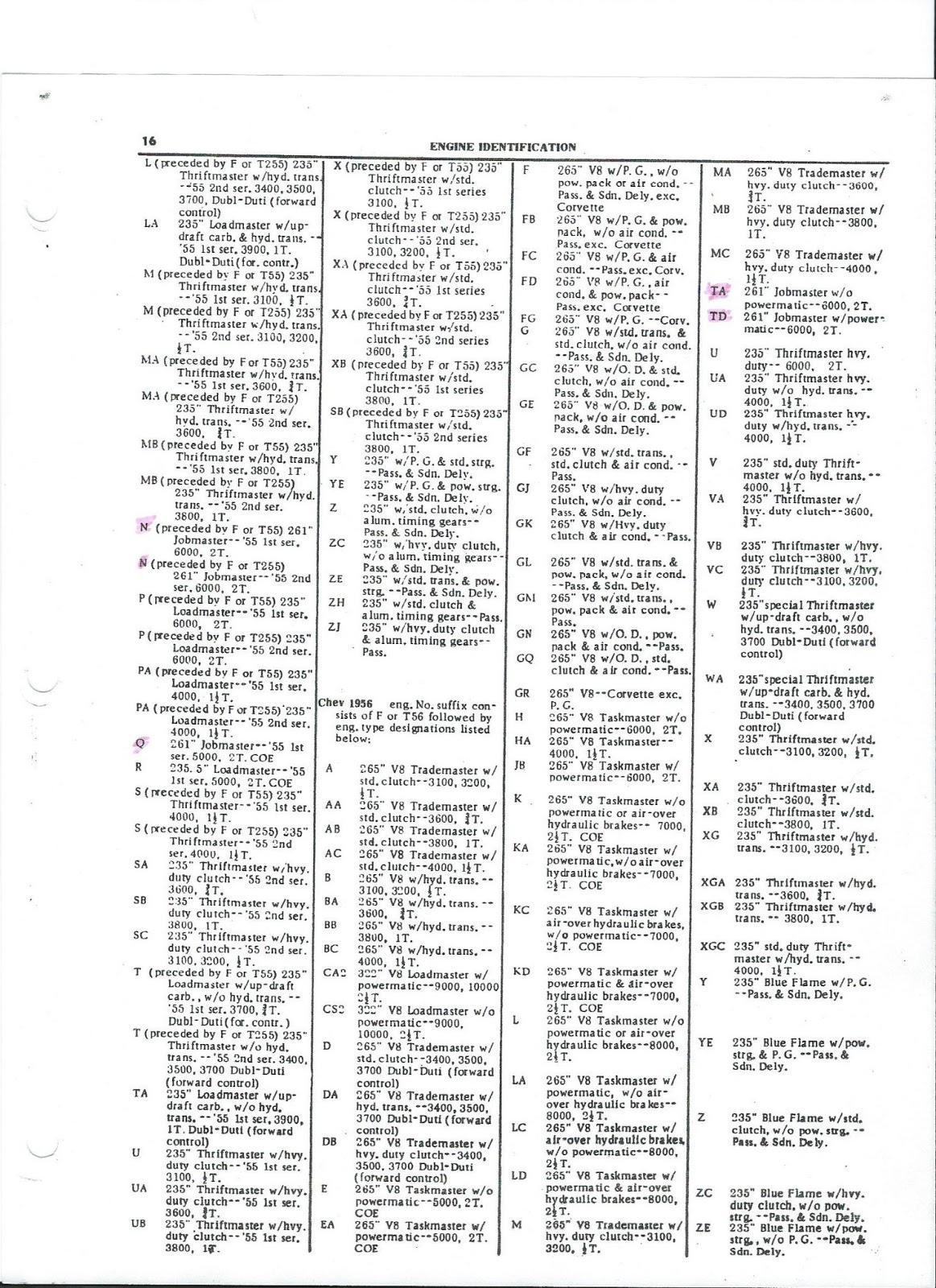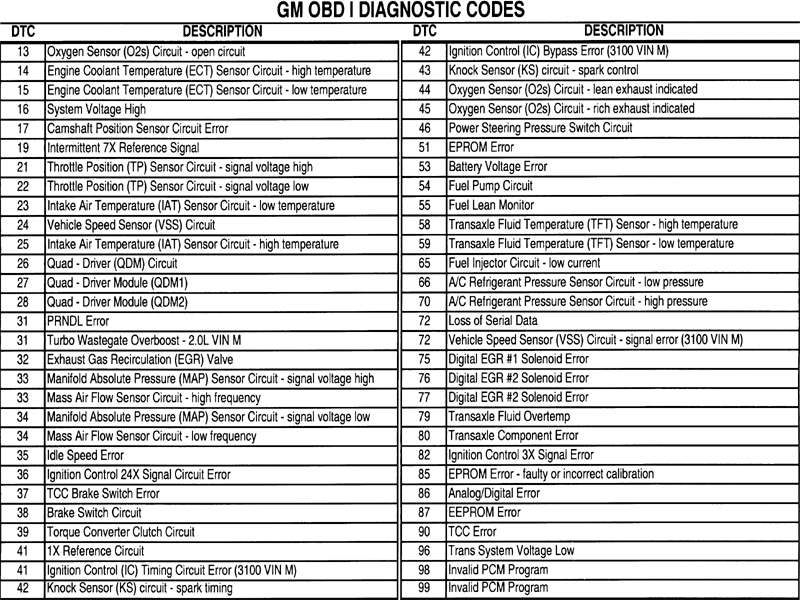Is your GM vehicle feeling a little… sluggish? Burning through cash at the pump faster than you can say “gas prices”? If your check engine light is glaring and a code reader spits out P0172, you’ve stumbled upon a common, but surprisingly fixable, culprit: a rich fuel mixture. Don't let this sneaky code drain your bank account. Let's dive into the world of the P0172 engine code and learn how to conquer it like a frugal warrior.
The P0172 diagnostic trouble code (DTC) indicates that the engine control module (ECM) has detected a rich fuel mixture in bank 1 of your engine. In simpler terms, your engine is getting too much fuel compared to the amount of air it's receiving. This can lead to decreased fuel efficiency, rough idling, and even damage to your catalytic converter over time. Ignoring this code isn't just bad for your wallet, it's bad for your car’s long-term health.
This code has been around since onboard diagnostics became more sophisticated in the late 1990s and early 2000s, a necessary evil in the increasingly complex world of automotive engineering. The importance of understanding this code lies in its potential impact on both your vehicle's performance and your finances. A rich mixture not only wastes fuel but also contributes to increased emissions and can lead to expensive repairs down the road.
Several issues can trigger a P0172 code. A faulty oxygen sensor is a common suspect, misreporting the air/fuel ratio to the ECM. Other potential culprits include a malfunctioning mass airflow sensor (MAF), a leaky fuel injector, a faulty fuel pressure regulator, or even a vacuum leak. Identifying the root cause is crucial for effective and lasting repair.
Diagnosing the P0172 code requires a systematic approach. Start with a visual inspection of vacuum lines and hoses for any cracks or leaks. Next, you might consider checking the MAF sensor for contamination or damage. A faulty oxygen sensor can often be diagnosed using a scan tool to monitor its readings. More complex issues, like a leaky fuel injector, may require specialized tools or professional assistance.
While there aren't inherent "benefits" to a P0172 code itself, understanding and addressing it has distinct advantages. It leads to better fuel economy, improved engine performance, and prevents costly repairs in the long run. Fixing the underlying problem will save you money on gas and keep your vehicle running smoothly.
Creating an action plan involves checking for vacuum leaks, inspecting the MAF sensor, testing the oxygen sensor, and verifying fuel pressure. A successful example would be identifying a cracked vacuum hose, replacing it, and clearing the code, resulting in restored fuel efficiency and engine performance.
Frequently Asked Questions about the P0172 code:
1. What does P0172 mean? It indicates a rich fuel mixture in engine bank 1.
2. Can I drive with a P0172 code? While possible, it's not recommended as it can damage your catalytic converter.
3. What causes a P0172 code? Common causes include faulty oxygen sensors, MAF sensors, fuel injectors, fuel pressure regulators, or vacuum leaks.
4. How do I fix a P0172 code? Diagnose the root cause and replace the faulty component.
5. How much does it cost to fix a P0172 code? The cost varies depending on the faulty part, ranging from a few dollars for a vacuum hose to several hundred for an oxygen sensor or fuel injector.
6. Can I fix a P0172 code myself? Simple repairs, like replacing a vacuum hose, can be done DIY. More complex issues may require professional help.
7. How can I prevent a P0172 code? Regular maintenance, including timely replacement of air filters and oxygen sensors, can help prevent this code.
8. What tools do I need to diagnose a P0172 code? A code reader, a multimeter, and potentially a vacuum gauge can be helpful.
Tips and tricks for dealing with a P0172 code include using a quality fuel injector cleaner periodically, regularly checking your air filter, and consulting online forums or repair manuals for specific guidance related to your GM vehicle model.
Understanding and addressing the GM engine code P0172 is crucial for maintaining your vehicle’s health and your financial well-being. Ignoring this code can lead to costly repairs and decreased fuel efficiency. By taking a proactive approach, diagnosing the root cause, and implementing the appropriate fix, you can reclaim your engine’s power and keep your hard-earned cash in your pocket where it belongs. Don't let a little rich mixture drain your resources. Take control, get your hands dirty (or find a trustworthy mechanic), and enjoy the rewards of a smoothly running, fuel-efficient vehicle.
System Too Rich Bank 1 Code - The Brass Coq
How To Decode Chevy Engine Codes - The Brass Coq
System Too Rich Bank 1 Code - The Brass Coq
WE HAVE A 2006 CHEVROLET COBALT SS WITH A CHECK ENGINE LIGHT ON CODE - The Brass Coq
Ls Engine Code Chart - The Brass Coq
gm engine code p0172 - The Brass Coq
Check Engine Code P0172 - The Brass Coq
P0172 fuel in oil Rough idle engine run - The Brass Coq
How To Decode Chevy Engine Codes - The Brass Coq
What Is Gm Code 3400 - The Brass Coq
How To Decode Chevy Engine Codes - The Brass Coq
Engine Trouble Code P0172 - The Brass Coq
Ford Engine Code P0172 - The Brass Coq
Chevy Big Block Engine Codes - The Brass Coq
Gm Code P0171 P0174 - The Brass Coq














